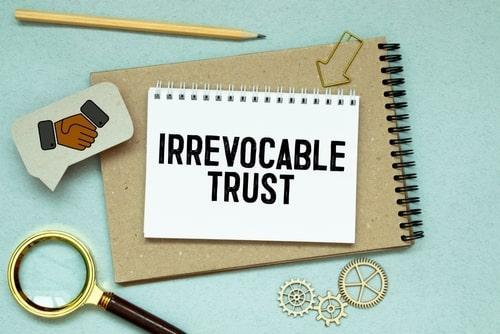The Importance of Having a Will
Creating a will is a fundamental step in estate planning, ensuring your wishes are honored after your passing. A will outlines how your assets will be distributed and who will be responsible for managing your estate, providing peace of mind for you and your loved ones.
Without a will, your estate may be subject to intestacy laws, which can lead to unintended distributions and potential disputes among heirs. For instance, a well-drafted will can help avoid lengthy probate processes and ensure that your children or dependents are cared for according to your preferences.
Key Components of an Effective Will
An effective will should include essential components such as the appointment of an executor, specific bequests, and guardianship provisions for minor children. These elements ensure that your estate is managed according to your wishes and that your loved ones are protected.
For example, naming a trusted executor can expedite the probate process and help navigate any legal complexities. Additionally, clearly outlining bequests can minimize confusion and conflict among family members, ultimately leading to a smoother transition of your estate.
Common Misconceptions About Wills
Many individuals hold misconceptions about wills, such as the belief that only wealthy people need them or that wills are only necessary for older adults. In reality, anyone with assets or dependents should consider creating a will, regardless of their financial situation.
For instance, even young adults with modest possessions or those with children can benefit from having a will. It serves as a critical tool for ensuring that their wishes are respected and that their loved ones are cared for in the event of their untimely passing.
Steps to Create a Will
Creating a will involves several key steps, including assessing your assets, choosing an executor, and deciding on beneficiaries. It is essential to take the time to reflect on your wishes and consult with a legal professional to ensure that your will complies with state laws.
Once you have drafted your will, it is crucial to have it witnessed and notarized to ensure its validity. Regularly reviewing and updating your will as your life circumstances change—such as marriage, divorce, or the birth of a child—is also vital to maintain its relevance and effectiveness.

